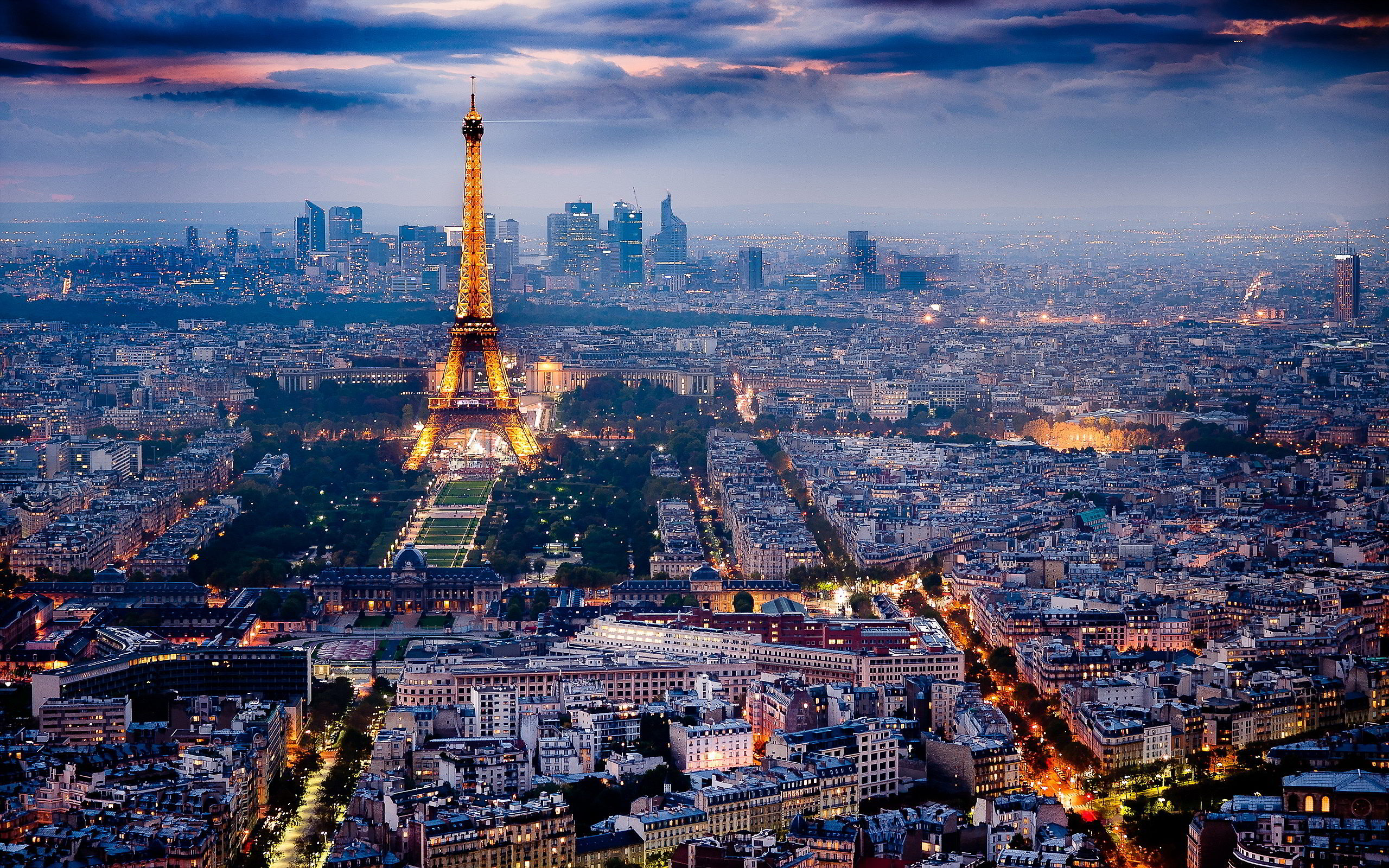The Bahá’í teachings present a compelling vision of global unity and cooperation that underscores the interconnectedness of humanity. The narrative surrounding Paris, a city revered for its cultural, intellectual, and political significance, serves as a profound exemplar of these tenets. The various aspects of this city—the historical, the social, the artistic—collectively illustrate how collaboration transcends boundaries, reflecting the Bahá’í commitment to fostering harmonious relationships among diverse peoples.
1. The Historical Context of Unity in Diversity
Paris has been a crucible of enlightenment since the Age of Reason, where the seeds of democracy and human rights were sown. The Bahá’í teachings resonate with this historical milieu, advocating for a principle of unity in diversity. The Bahá’í Faith posits that while every culture contributes unique perspectives, it is through the synthesis of diverse viewpoints that humanity progresses. By examining the French Revolution, for example, one can see the evolution of societal norms towards inclusivity and egalitarianism. This historical legacy reinforces the notion that social and political movements often arise from collective aspirations for justice and equality.
2. The Role of Education in Promoting Global Citizenship
Central to Bahá’í philosophy is the transformative power of education. In Paris, a beacon of educational excellence, institutions foster critical thinking and a global mindset. The Bahá’í teachings stress the importance of equitable access to education as foundational for nurturing a sense of global citizenship. Educational initiatives in Paris exemplify how knowledge can act as a catalyst for cooperation, encouraging individuals to embrace their roles as stewards of the planet. Through cross-cultural exchange programs and international collaborations, the youth of today can learn not only about their own histories but also the rich tapestries of other cultures, aligning with the Bahá’í principle of oneness.
3. Artistic Expression as a Reflection of Unity
The arts are a profound medium for expressing the Bahá’í ideal of unity. Paris, with its myriad art movements—from Romanticism to Surrealism—serves as an inspiring backdrop. Artistic endeavors can bridge divides, communicate universal themes, and foster empathy among disparate groups. The Bahá’í teachings emphasize that the arts can be a vehicle for spiritual education, inspiring individuals to aspire to higher moral and ethical standards. By celebrating artistic expressions that champion themes of coexistence and peace, Parisians and visitors alike can partake in a shared dialogue of hope and aspiration.
4. Interfaith Dialogue: Cultivating Understanding
In a world often polarized by religious differences, Paris stands as a notable hub for interfaith dialogue. The Bahá’í writings advocate for the harmonious coexistence of all religions, recognizing the essential unity of their core principles. Forums and gatherings in Paris bring together individuals from a multitude of faiths, fostering discussion and understanding. These interfaith initiatives encapsulate the Bahá’í aspiration of creating an environment where diverse beliefs can converge, showing that communal respect can lead to mutual enrichment and concerted action.
5. Sustainable Development and Global Cooperation
The concept of sustainability is now more critical than ever, with cities like Paris spearheading initiatives toward climate action and environmental stewardship. The Bahá’í Faith teaches that humanity has a collective responsibility to safeguard the planet. The collaborative efforts in Paris—concerted movements toward sustainability involving civic authorities, businesses, and citizen groups—mirror the Bahá’í call for collective action in addressing species survival on Earth. The interconnectedness of contemporary challenges necessitates a unified global response; Paris illustrates that such cooperative models can indeed be effective.
6. Social Justice as a Universal Principle
The struggle for social justice resonates deeply within the framework of Bahá’í teachings. The socio-political evolution in Paris underscores this commitment, as the city has historically been at the forefront of advocating for civil rights and social reforms. Current movements in the city reflect the principles of equality, irrespective of gender, race, or socioeconomic status. The Bahá’í Faith advocates that social injustice creates divisions, hinders progress, and that true development can only transpire in an environment where justice prevails. The Parisian landscape serves as an ongoing testament to the necessity of advocating for equitable policies that uphold the dignity of every individual.
7. The Future: A Vision of Global Cooperation
In contemplating the future, the Bahá’í teachings articulate a visionary outlook grounded in the principle of global cooperation. Paris, both historically and contemporarily, exemplifies this ethos through its diplomatic engagements and international forums. The city’s role as a host of global summits and peace conferences creates opportunities for nations to collaborate on pressing global issues. As such, the evolution of Paris nurtures the Bahá’í conviction that through concerted efforts, humanity can overcome challenges and construct a world characterized by unity, peace, and shared purpose.
In conclusion, the teachings of the Bahá’í Faith illuminate a path toward a cooperative global society, exemplified through the experiences and endeavors found in Paris. The city not only showcases the triumphs of unity and diversity but also serves as a microcosm for what is possible when humanity comes together. The exemplification of these ideas within the Parisian context fosters hope for the realization of a collaborative and harmonious world, encouraging a collective movement towards a brighter future for all.
